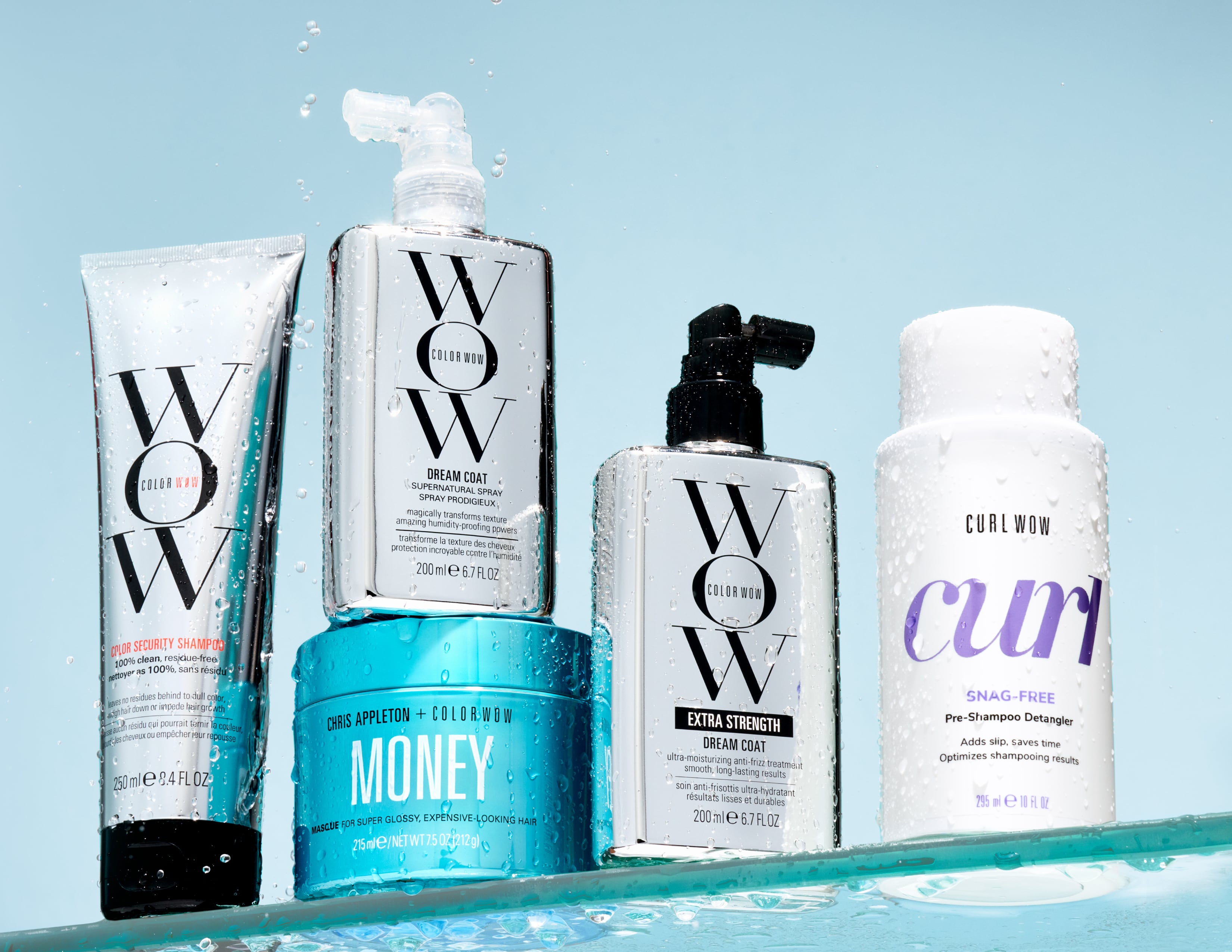For the first half of 2025, all divisions grew for the L’Oréal Groupe, led by its Professional Products business. Meanwhile Fragrance and Hair care continued to be the fastest-growing categories.
Despite “many uncertainties,” L’Oréal’s CEO Nicolas Hieronimus said he was “confident that the beauty market will continue to improve” and “confident in our ability to beat the market and improve our profitability over the year.”
In Europe, the group’s sales grew by 3.4% to €7.53 billion over the half-year thanks to “strong momentum” in Spain, Portugal, Germany, Austria, and Switzerland, said the business. However it also noted that the market here “is slowing down while remaining above the pre-Covid level.”
In positive news for the global beauty industry, the emerging markets grew in double digits and mainland China returned to growth.
EU-US tariffs: “not good news” for EU beauty industry
In the US market, the group “accelerated” in the second quarter or 2025 according to Hieronimus. Sales in North America increased 2.4% in Q2 to €2.85bn and 0.4% over the first half to €5.8b. This made the US L’Oréal’s leading growth driver in the first half of 2025. The company also generates 27% of its global sales in North America and manufactures half of what it sells in the US through its four local factories.
Going forward, it is set to face the 15% increase in customs duties for EU imports into the US, which was announced on Sunday 27 July.
To help lower the impact of these tariffs, L’Oréal said it has stockpiled products and may need to implement slight price increases on some items.
Hieronimus said that the addition of 15% tariffs to import European goods into the US is “not good news” for Europe’s cosmetics industry, but said the impact would be “manageable” for L’Oréal.
“We’re going from 0% to 15%, so we’re not happy,” he said during the company’s half-year results presentation and pointed out that Europe, with almost 500 million consumers, is going to pay higher customs duties than the UK.”
He also noted that the beauty and personal care industry contributes €180bn to European GDP and generates more than three million jobs across Europe.
“I remain disappointed by this agreement,” he continued. “The positive aspect is that it brings visibility and removes uncertainty. We can now plan ahead.”
Hieronimus also said the Value of Beauty Alliance – a coalition of major European beauty businesses, which include L’Oréal, Givaudan, IFF, Puig, and Cosmetic Valley – will appeal to EU leaders and trade negotiators to attempt to gain stronger protections for the beauty industry.
This includes continually asking for regulatory simplification. “We can move faster so that we don’t have customs duties on one side and regulations on the other,” he said.


